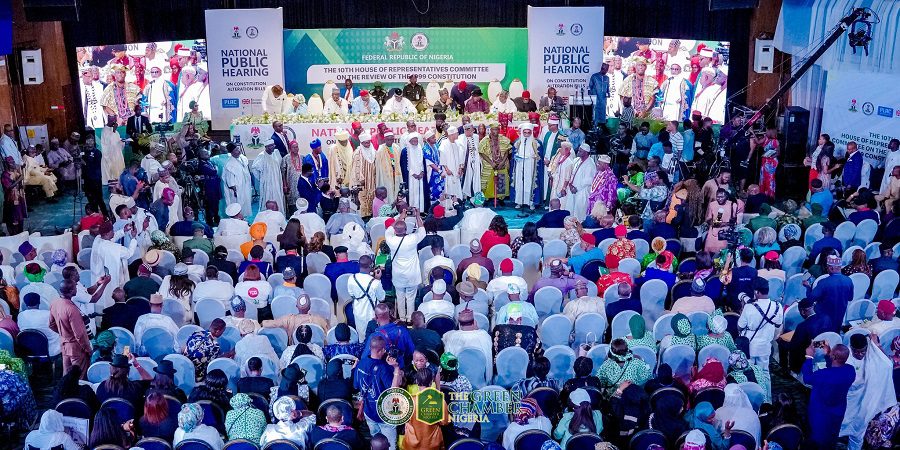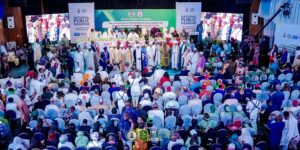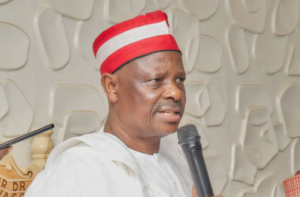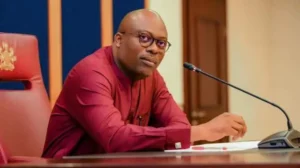The House of Representatives’ Committee on Constitution Review has unveiled 87 proposed amendment bills, with state and community policing, local government autonomy, and special seats for women among the top priorities. The proposals were discussed at a one-day public hearing in Abuja, attended by government officials, lawmakers, traditional rulers, civil society, and international partners.
Among the major areas under consideration are:
- State and Community Police: Establishment of state and community policing systems to improve security across Nigeria.
- Women and PLWD Representation: Constitutionally guaranteed seats for women and persons living with disabilities (PLWDs) in the National and State Assemblies.
- Local Government Autonomy: Financial and administrative independence for Nigeria’s 774 local councils, following the Supreme Court judgment on financial autonomy.
- Electoral Reforms: Proposals for independent candidacy, creation of an Electoral Offences Commission, and fixed timelines for pre-election cases.
- Judicial and Institutional Reforms: Devolution of powers, strengthening traditional institutions, and clearer rules on citizenship and indigeneship.
Deputy Speaker and Committee Chairman, Benjamin Kalu, stressed that the bills are still proposals, reflecting the needs and demands of Nigerians gathered through nationwide consultations.
Tinubu: “Golden opportunity for reform”
President Bola Ahmed Tinubu, represented by Secretary to the Government of the Federation, George Akume, described the constitutional review as a “golden opportunity” to deepen democracy, ensure equity, and strengthen national institutions. He urged Nigerians to participate fully in the process.
House Speaker Abbas Tajudeen echoed the sentiment, stressing inclusivity:
“Today, women hold less than five percent of seats in the National Assembly. That statistic is unacceptable for a country of our size and ambition.”
Traditional rulers renewed their call for constitutional roles, clarifying that their aim is to complement, not compete with, elected leaders. The Etsu Nupe, Alhaji Yahaya Abubakar, emphasized that monarchs could bridge the gap between government and the grassroots, especially through cultural and linguistic connections.
Women and disability groups also pressed for greater representation. Lois Auta, President of the Network of Women with Disabilities, lamented exclusion from governance:
“We are at a zero level of participation. It is time to move from exclusion to inclusion, from participation to representation.”
Global partners weigh in
The constitutional review also drew support from international partners.
- British Deputy High Commissioner Geo Liva said the open process showed Nigeria’s commitment to participatory democracy and accountability.
- EU Ambassador Gautier Mignot noted that constitutional reviews are vital to adjusting governance to societal and technological changes, pledging EU technical assistance while respecting Nigeria’s sovereignty.
Kalu explained that while the public hearing marked the final stage of citizen engagement, the proposals would return to the National Assembly for deliberation, refinement, and eventual voting.
As the 9am News report highlights, the 87 amendment bills, if passed, could mark one of the most sweeping constitutional reforms in Nigeria’s history—touching security, governance, electoral integrity, and inclusivity in representation.
Stay tuned to 9am News Nigeria for more Breaking News, Business News, Sports updates And Entertainment Gists.
















